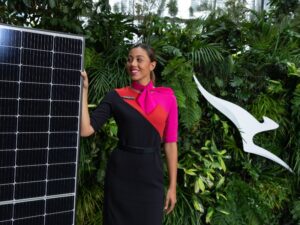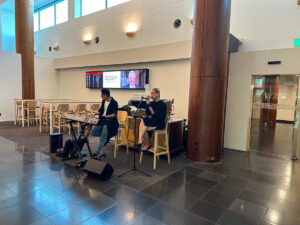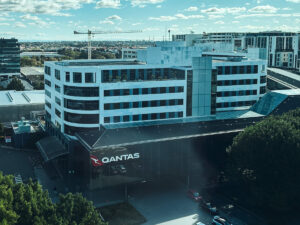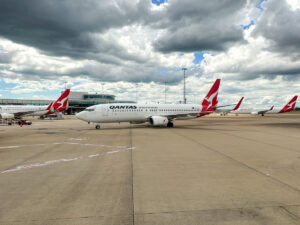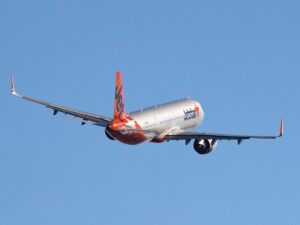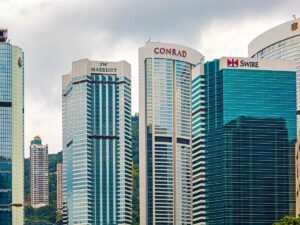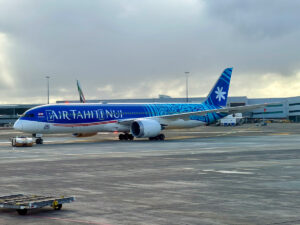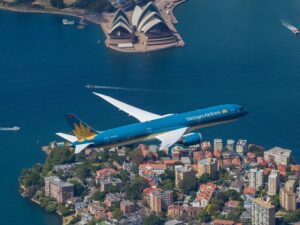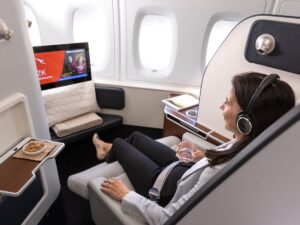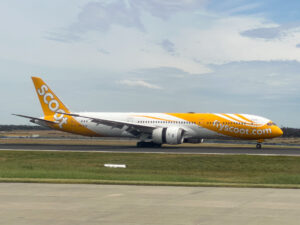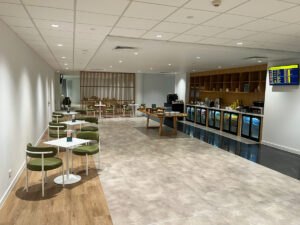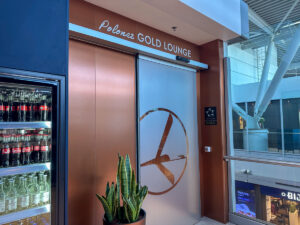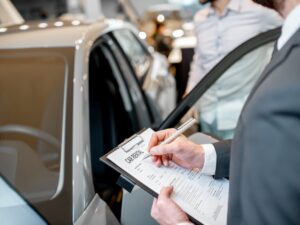When travelling overseas, you’ll need to obtain foreign currency. This week our members reveal the best ways to get a great rate and save money in the process!
If you prefer to change cash in Australia, it’s best to avoid the major banks. Instead, smaller outlets that specialise in foreign exchange can often give you a better rate. One outlet recommended by a number of members is UAE Exchange. Not only are the exchange rates competitive, but UAE Exchange does not charge any commission.
I use UAExchange, I think they are in most capital cities.
Another member recommends an outlet called Everforex.
I use EverForex on Collins St [in Melbourne]. Their rates are not bad.
Even if you’re able to find a good rate, it can still be a good idea to shop around. Forex dealers may be willing to beat quotes from competing outlets.
I’ve also found that the Travel Money places will price match and beat other places. For example, when UAexchange didn’t have ZAR, the travel money place (which did have ZAR) accepted my verbal quoting of their rate and beat it.
If you’re happy to wait until you’ve reached your destination, many members recommend withdrawing money from an ATM on arrival. These members use the Citibank Visa Debit card, which attracts no foreign exchange fees and no ATM fees, including for international ATMs. In our members’ collective experience, the exchange rates offered by this card are also highly competitive.
My policy on foreign exchange these days is to put the majority of funds onto the Citibank Visa Debit card. I then also carry about $500 as cash. I will also have small denominations for airport taxi. I usually make a withdrawal at an in-country ATM shortly after arrival.
While you should never exchange cash at the airport, you may be able to get a better rate overseas than in Australia. For example, our members have a number of useful Forex outlet recommendations for Singapore and Thailand.
However, you should be wary of converting currency in a country that does not use one of the currencies involved in the exchange. In this case, a “double exchange” would be required. For example, if you were to convert Australian dollars to Euros in Thailand, the Aussie dollars would need to be converted first to Thai Baht. That money would then be changed to Euros. Each time a new transaction occurs, a small amount of money is lost in the exchange rate.
Finally, our members offer some sound advice when it comes to cash passports and travel money cards:
Definitely stay away from the various cash passports being touted.
If you speak to your bank about your travel plans, they may try to sell you a travel money card or cash passport. These are a great deal for the banks – but not so good for travellers, who receive poor exchange rates and unwanted fees.
Share your experience HERE.
